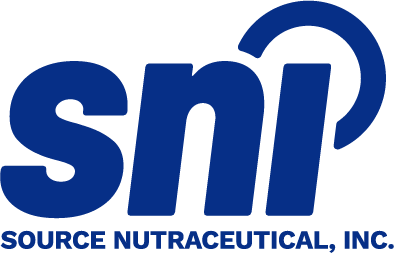School’s back and so are colds, coughs, and other common illnesses.
While we can’t prevent the return to school, we can certainly take steps to bolster our immune systems. We mentioned this summer that Vitamin D plays a critical role in our bone health, but it's also important part of supporting immune function in our body. It helps modulate immune cell activity and strengthen the body’s defenses against infections and illnesses.
Here are several foods that can contribute to your vitamin D intake:
![]()
FATTY FISH
like salmon, mackerel, sardines, trout, and tuna are some of the best natural sources of vitamin D.
![]()
COD LIVER OIL
Just one tablespoon can provide more than the recommended daily intake of vitamin D. However, it’s important to use cod liver oil in moderation due to its high vitamin A content.
![]()
EGG YOLKS
contain small amounts of vitamin D. The amount can vary depending on the diet of the hens.
![]()
FORTIFIED FOODS
foods such as milk, orange juice, cereal, and yogurt help many meet their daily requirements.
![]()
BEEF LIVER
is a good source of various important nutrients, including vitamin D.
It’s worth saying that while vitamin D is an essential part of our wellbeing, excessive intake can lead to toxicity, which can have adverse effects on health.
Therefore, it’s important to maintain a balance and get your vitamin D from combination of sunlight, dietary sources, and if necessary, supplements, under the guidance of a healthcare professional. The recommended daily intake of vitamin D can vary by individual health needs. As a reference, both Canada and the US have the daily value for vitamin D set at 20 micrograms (800 IU) and they consider the daily value to be the recommended amount of a nutrient to consumer per day.




